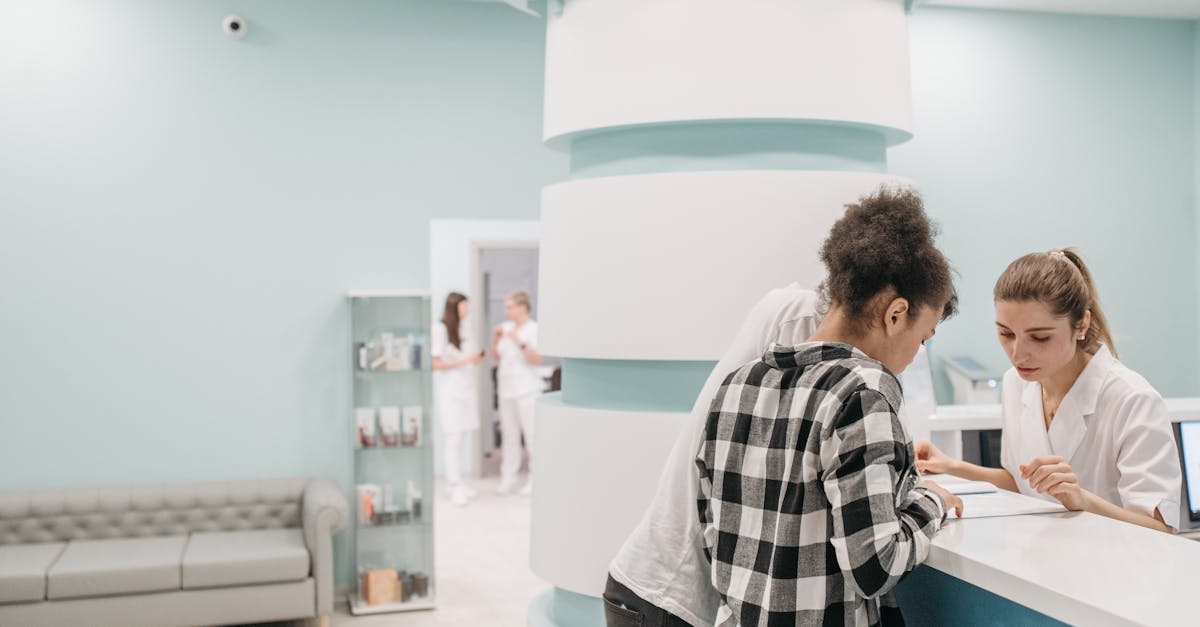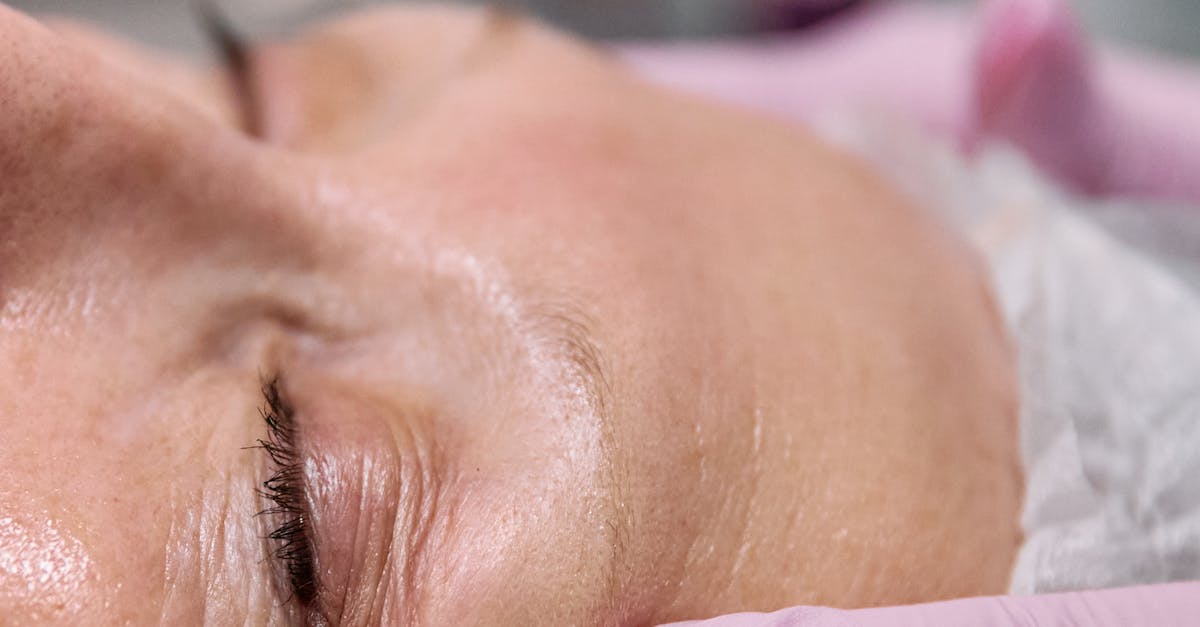The Complete Guide to Achieving Excellence in Organizing the Reception Desk in Clinics
The reception desk is the primary face of your clinic and the first point of contact with patients. A patient's first impression depends not only on the decor but also on the smoothness of procedures, the warmth of the welcome, and the efficiency of the team. Therefore, organizing the reception desk in clinics is the cornerstone of building an exceptional patient experience and enhancing the clinic's reputation. Achieving effective coordination of spaces, staff training, and using supportive tools not only contributes to improving patient satisfaction but also radically increases the efficiency of internal operations.
In this guide, we explore five essential strategies to help you transform your clinic's reception desk into an integrated and organized operations center, ensuring high-quality service and leaving a lasting positive impression on every visitor.
1. Designing and Organizing the Physical Space of the Reception Desk
Effective organization begins with the design of the workspace itself. The reception desk environment should be carefully designed to facilitate the movement of both patients and staff while maintaining an atmosphere of calm and professionalism.
Essentials of a Successful Reception Desk Design:
- Strategic Location: The reception desk should be clearly visible and close to the main entrance, making it easy for patients to find upon arrival without confusion.
- Smart Space Allocation: Divide the area into functional zones, such as a dedicated check-in area, a space for inquiries, and a quiet spot for discussing financial or private matters. This layout prevents crowding and ensures smooth traffic flow.
- Comfortable Waiting Areas: Providing comfortable and spaced-out seating reduces patients' feelings of being crowded and anxious. Touches like offering drinking water or relevant reading materials can enhance their comfort.
- Lighting and Colors: Using natural light as much as possible with neutral, calm colors creates a welcoming and psychologically comfortable environment, which can reduce patient stress and make their experience more positive.
- Maintaining Privacy: The desk should be designed to ensure the privacy of patient conversations with staff, whether through simple sound barriers or a layout that prevents others from overhearing sensitive information.

2. Training and Qualifying Reception Staff: Investing in Skills
The receptionist is your clinic's ambassador. Therefore, their role must go beyond simply answering phones and scheduling appointments. Systematic and continuous training is key to ensuring professional service that reflects the clinic's values.
Key Training Areas for the Reception Team:
- Effective Communication Skills: Train the team on how to warmly welcome patients, actively listen to their concerns, and answer their inquiries clearly and patiently, even during peak hours.
- Handling Difficult Situations: Provide staff with clear protocols for calmly and professionally handling angry patients or emergency situations, turning a potentially negative experience into an opportunity to show how much the clinic cares.
- Managing Work Stress: Develop time management and prioritization skills to help the team handle multiple tasks efficiently, such as answering calls, checking in patients, and scheduling appointments simultaneously.
- Training on Digital Systems: Ensure every employee masters the clinic management system, such as the Tadawi system, to speed up procedures and reduce human error.
3. Digital Transformation: Using Integrated Electronic Systems
In the modern era, relying on paper records is no longer a practical option. The **digital transformation** of the reception desk represents a quantum leap in efficiency and accuracy. Using a modern clinic management system like Tadawi is not just a luxury; it is a necessity for improving service quality.
Advantages of Relying on the Tadawi System for Organizing the Reception Desk in Clinics:
- Centralized Appointment Management: The system allows for easy scheduling, modification, and cancellation of appointments, with immediate updates for all relevant parties (doctors, other departments), preventing double bookings.
- Quick Access to Patient Data: A receptionist can find any patient's file in seconds, view their medical history, and update their personal information, saving valuable time.
- Automated Reminders: The system automatically sends text messages or emails to remind patients of their appointments, significantly reducing no-show rates.
- Seamless Integration with Other Departments: The reception desk is connected to the accounting department, pharmacy, and laboratory, ensuring a smooth and accurate flow of information. For example, once a patient checks in, the doctor is automatically notified.
- Accurate Reports and Analytics: The Tadawi system provides detailed reports on peak times, patient numbers, and attendance rates, helping management make informed decisions to improve operations.
4. Standardizing Procedures and Defining Roles Clearly
Chaos occurs when roles are unclear and procedures are undocumented. Creating a clear operational manual for the reception desk ensures that everyone on the team knows their responsibilities and performs their duties with the same level of quality every time.
Reception Staff Task Distribution Table
| Task | Description | Supporting Tools (via Tadawi system) |
|---|---|---|
| Patient Reception & Check-in | Welcoming patients, verifying appointments, updating personal and insurance information. | Patient registration module, quick search by name or ID. |
| Phone Call Management | Answering inquiries, booking new appointments, transferring calls to relevant departments. | Integrated scheduling system that shows available slots instantly. |
| Appointment Scheduling | Coordinating new and existing patient appointments with available doctor schedules. | Smart multi-doctor calendar with the ability to define visit types. |
| Financial Transactions | Collecting payments, issuing invoices, and handling initial insurance claims. | Integrated billing module that automatically links to services rendered. |
In addition to task distribution, procedures should be documented for handling unexpected situations, such as an internet outage or an employee's absence, to ensure business continuity without confusion.

5. Continuous Support and Regular Team Follow-up
Organization is not a one-time process but a continuous commitment to improvement. Providing support and follow-up for the reception team boosts their morale and ensures they keep up with any new developments in the clinic.
Support and Follow-up Strategies:
- Regular Meetings: Hold short, regular meetings to discuss challenges, share ideas, and celebrate successes. This creates a collaborative work environment.
- Renewed Training Opportunities: Provide periodic workshops and training sessions to update the team's knowledge, whether regarding new clinic policies or updated features in the Tadawi system.
- Constructive Performance Evaluation: Offer constructive feedback on individual employee performance, focusing on strengths and areas for improvement, and setting clear development goals.
- Caring for Employee Well-being: A happy receptionist provides better service. Paying attention to the work environment, providing adequate breaks, and showing appreciation are all factors that increase job loyalty and improve service quality.
Important Terms in Modern Clinic Management
To gain a deeper understanding of how organizing the reception desk impacts the clinic as a whole, it's important to be familiar with some key concepts:
- Inventory Management: By accurately recording services and procedures in the Tadawi system upon patient check-in, the clinic can better track the consumption of medical supplies, facilitating inventory management and avoiding shortages or surpluses.
- Supplier Integration: Accurate data collected at the reception can help automate purchase orders from suppliers when inventory reaches a certain threshold, enhancing supply chain efficiency.
- Pharmaceutical Marketing: If the clinic has a pharmacy, patient demographic data and service types recorded by the receptionist can help guide pharmaceutical marketing efforts and stock the right medications.
- Cost Reduction: Each of the organizational steps mentioned above contributes to cost reduction, whether by minimizing human errors, lowering the no-show rate for appointments, or improving resource management.
Frequently Asked Questions About Reception Desk Organization
Q1: How can an electronic system help reduce patient wait times?
An electronic system like Tadawi speeds up the check-in process with instant access to patient files, reduces paperwork, and organizes patient flow by giving doctors immediate notifications of their arrival. Accurate scheduling also prevents overbooking and minimizes unnecessary waiting periods.
Q2: What is the most important skill a clinic receptionist should have?
While organizational and technical skills are important, empathy and human communication skills remain the most crucial. The receptionist is the first person to interact with a patient who may be anxious or in pain, and the ability to reassure them and treat them with kindness makes a significant difference in their experience.
Q3: How can the success of reception desk organization be measured?
Success can be measured through several key performance indicators: a decrease in average patient wait times, a reduction in the number of complaints related to the reception, an increase in appointment attendance rates, and positive feedback from patients through satisfaction surveys. The Tadawi system can provide reports that help track these metrics.

Conclusion: An Organized Reception is the Key to Growth
Organizing the reception desk in clinics is not just an administrative task; it is a strategic investment in the patient experience and operational efficiency. By carefully designing the space, continuously training the team, adopting modern technology like the Tadawi system, and standardizing procedures, you can build a strong and effective reception system that supports quality healthcare and enhances patient loyalty and your clinic's long-term success.
If you’d like to discover more strategies for boosting sales in your clinic, you can request a free quote for the Tadawi Clinic Management System. For frequently asked questions, click here

